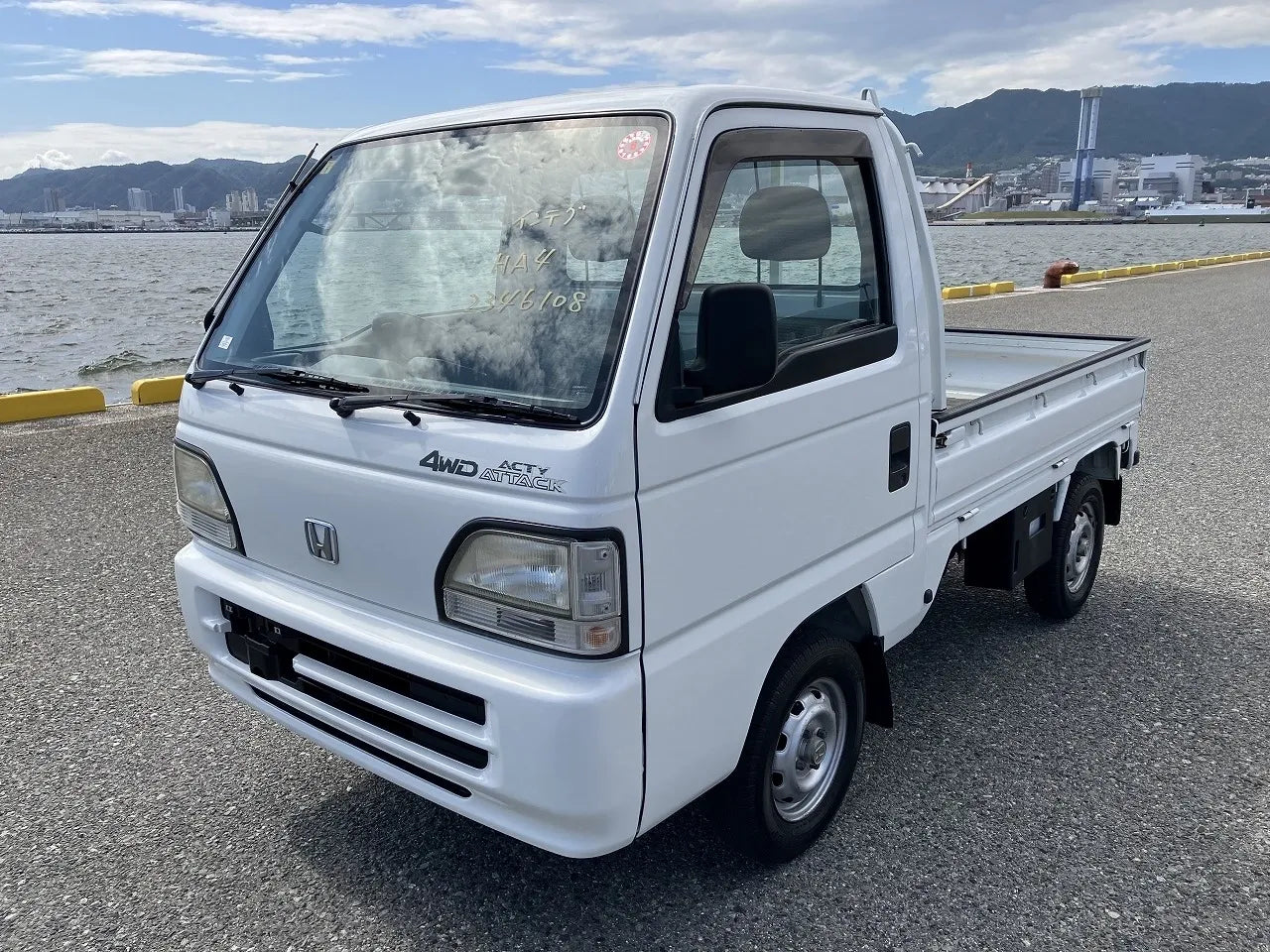Your Essential Guide to Importing Used Japanese Mini Trucks to the USA
Navigating the journey of importing a used Japanese mini truck into the USA can be both exciting and daunting. While the prospect of acquiring a high-quality, versatile mini truck is enticing, it’s crucial to approach the process with a well-informed perspective to avoid pitfalls. To ensure a smooth and successful import, here are seven critical aspects to consider.
1. Steer Clear of Faulty Mini Trucks
The allure of low prices can be tempting, but opting for mini trucks with known faults is a gamble best avoided. Minor issues can escalate into major problems, leading to unexpected repair costs. Ensure you request the vehicle's maintenance history and be wary of any truck with a record of recurring technical issues.
2. Be Wary of Body Kit Modifications
Encountering a mini truck with a non-original body kit is rare but not unheard of. Such modifications can be indicative of underlying issues, making these vehicles risky investments. It's generally safer to opt for mini trucks in their original state.
3. Guard Against Online Scams
The digital realm is rife with deceptive deals and scams. Vigilance and thorough research are your best defenses. Always verify the authenticity of the vehicle and the seller. Collaborating with an experienced importer or agency can provide additional security and expertise.
4. Compliance with CBP Regulations
Ensuring that your mini truck complies with U.S. Customs and Border Protection (CBP) standards is non-negotiable. Thoroughly review and meet all import requirements to avoid complications during customs clearance.
5. Prioritize Vehicle Cleaning and Screening
Adhering to U.S. regulations regarding vehicle cleanliness is crucial for preventing the transfer of harmful biological agents. A thoroughly steam-cleaned vehicle not only meets health and safety standards but also facilitates a smoother customs process.
6. Complete and Accurate Documentation
Never compromise on the completeness of a vehicle’s paperwork. Missing or partial documentation can lead to significant hurdles in the import process. Ensure that all necessary certificates, logbooks, and registration documents are in order and verified for authenticity.
7. Full Access to Vehicle Information
Transparency is key when dealing with overseas exporters. Ensure that the Japanese seller grants you complete access to all necessary information about the mini truck. Limited access or reluctance to share details can be a red flag, indicating potential issues with the vehicle.
Conclusion
Japanese mini trucks, known for their reliability and efficiency, are excellent choices for various hauling needs. When importing these vehicles, being well-informed and cautious is imperative to ensure you receive a vehicle that meets your expectations and needs.
If you’re on the hunt for a dependable mini truck or minivan, consider exploring our extensive listings. Our years of experience in the industry guarantee a selection of quality, used Japanese mini trucks from reputable brands like Subaru Sambar, Suzuki Kei, Mazda Scrum, and Daihatsu Hijet. Let us guide you in finding the perfect vehicle for your requirements.




